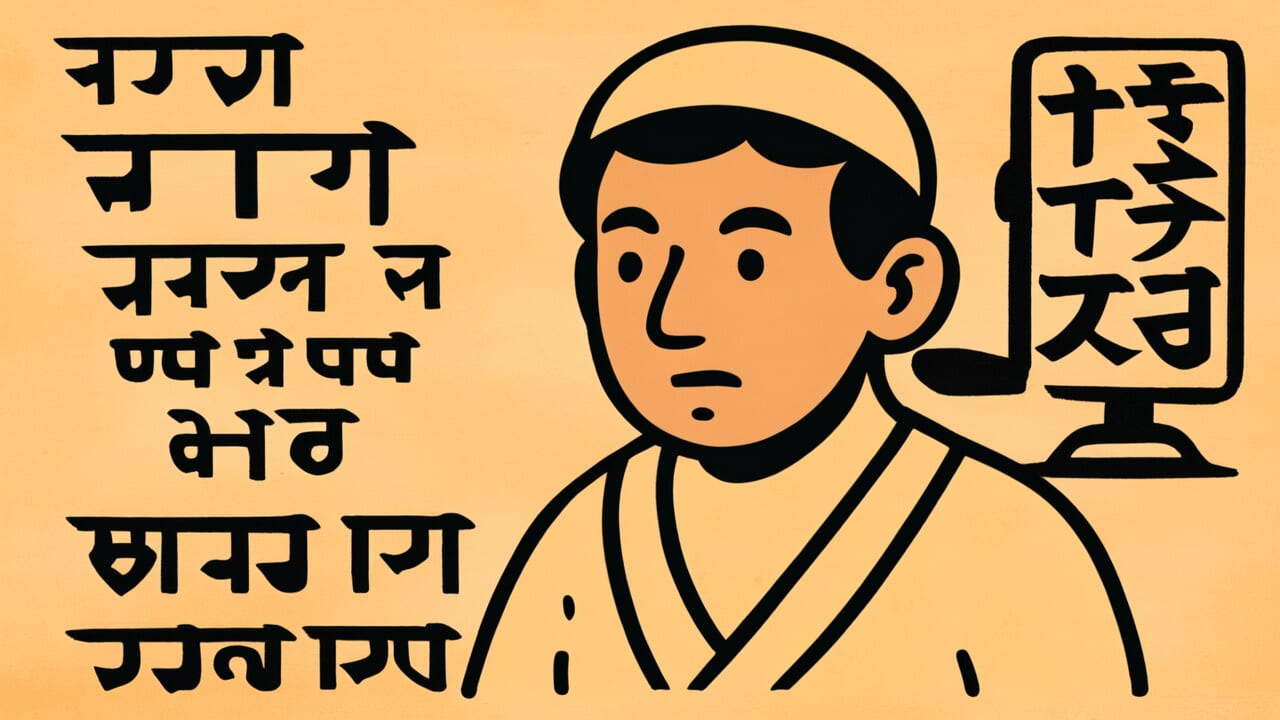Cultural Context
Truth holds a sacred place in Indian philosophy and daily life. The concept of Satya, or truth, appears throughout ancient texts and teachings.
It represents one of the highest virtues a person can embody.
This proverb reflects the Indian belief that truth possesses inherent power. Even when challenged or suppressed, truth maintains its essential strength.
This idea connects deeply with the principle of dharma, righteous living. Indians traditionally view truth as aligned with cosmic order and natural law.
The saying passes through generations in families and communities. Parents use it to teach children about integrity and patience.
It appears in folk tales, religious discussions, and everyday conversations. The proverb offers comfort during difficult times when honesty seems costly.
Meaning of “Truth can be troubled, but not defeated.”
This proverb states that truth may face hardship but cannot be destroyed. Temporary setbacks do not diminish truth’s ultimate power. The message emphasizes patience and faith in honest principles.
In practical terms, this applies across many situations in life. A whistleblower might face initial backlash but eventually gains vindication.
A student accused falsely of cheating endures stress until evidence clears them. A business maintaining honest practices struggles initially but builds lasting reputation.
These examples show truth weathering storms before prevailing.
The proverb acknowledges that being truthful often brings immediate difficulty. People may reject facts that make them uncomfortable or challenge their interests.
However, the saying promises that this trouble is temporary, not permanent. Truth’s nature ensures it eventually emerges intact, regardless of opposition faced.
Origin and Etymology
It is believed this wisdom emerged from India’s long philosophical tradition. Ancient Indian society placed enormous emphasis on truthfulness as moral foundation.
Sages and teachers developed sayings to make abstract principles memorable and practical.
The proverb likely spread through oral tradition across generations and regions. Teachers shared it with students in traditional education systems.
Religious leaders incorporated it into moral instruction and storytelling. Over centuries, it became embedded in Hindi-speaking communities’ collective wisdom.
The saying adapted to different contexts while maintaining its core message.
This proverb endures because it addresses a universal human experience. People everywhere witness truth struggling against lies, manipulation, or denial.
The saying provides hope during such struggles without promising easy victory. Its realistic acknowledgment of trouble makes the promise of truth’s survival more credible.
This balance between difficulty and hope keeps the wisdom relevant today.
Usage Examples
- Lawyer to Client: “They’re spreading false rumors about the case, but evidence will prevail – Truth can be troubled, but not defeated.”
- Journalist to Editor: “The company threatened lawsuits to silence our investigation, but we have proof – Truth can be troubled, but not defeated.”
Lessons for Today
This proverb matters today because dishonesty often appears to succeed initially. Social media spreads misinformation rapidly, and manipulation sometimes yields short-term gains.
The wisdom reminds us that immediate results do not determine final outcomes.
People can apply this understanding when facing pressure to compromise honesty. A professional might resist falsifying reports despite workplace pressure, trusting eventual vindication.
Someone spreading awareness about important issues continues despite initial ridicule or dismissal. The proverb encourages persistence without requiring immediate validation or success.
The key distinction lies between patient truthfulness and passive acceptance of wrongs. This wisdom does not counsel silence or inaction during injustice.
Rather, it suggests maintaining honest principles while actively working toward justice. Truth requires both protection and patience to ultimately prevail over deception.



Comments